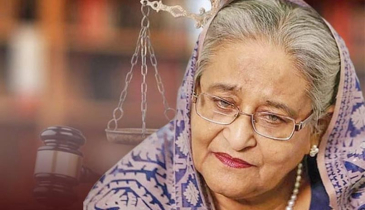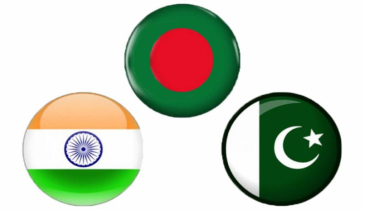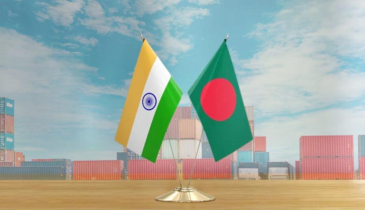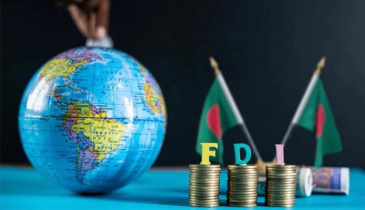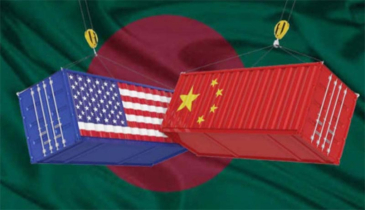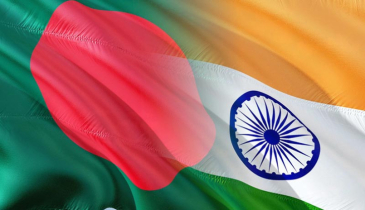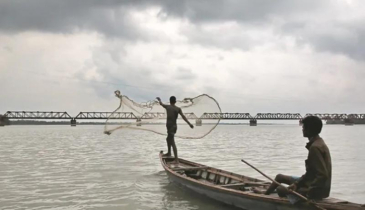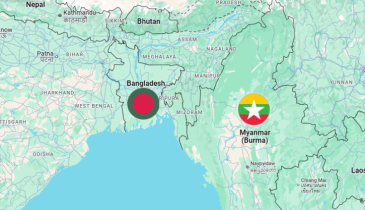As Imran's star wanes, is Pakistan's military pushing Bilawal Bhutto Zardari for prime minister?
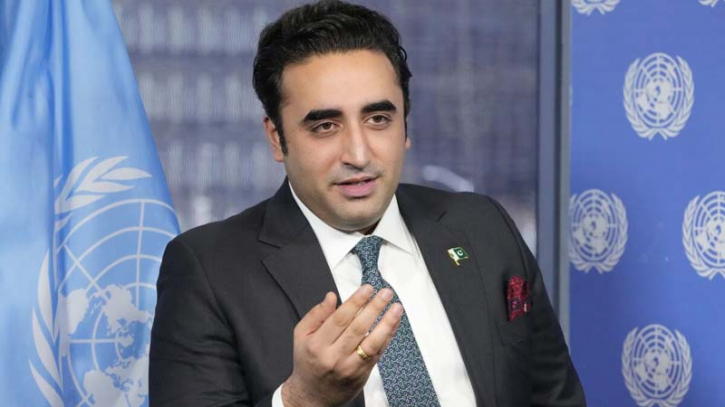
As the political fortunes of Pakistan’s former leader Imran Khan sink following a military-led crackdown, foreign minister Bilawal Bhutto Zardari could emerge as a prime minister candidate after having reportedly proved his “mettle” to the generals.
Bhutto Zardari’s Pakistan People’s Party (PPP) is expected to rope in many former members of the national and provincial assemblies who have recently deserted Khan’s Pakistan Tehreek-e-Insaf (PTI) party under pressure from the country’s all-powerful military, following attacks on security installations on May 9 by mobs of the party’s activists after Khan was arrested in a land scam case.
With the help of these defectors, known as “electables” because of their large, loyal home constituency vote banks, analysts said the PPP hoped to expand its representation beyond its fortress in southern Sindh province for the first time in a decade to populous Punjab, home to about half of the National Assembly’s 262 directly elected seats.
By doing so, the PPP and its allies in Sindh and Balochistan provinces are seeking to form a bloc that could hold the balance of power after the forthcoming election scheduled to be held in October, which is widely expected to produce a hung National Assembly.
Murtaza Solangi, an Islamabad-based political analyst and former director general of state broadcaster Radio Pakistan, said PPP chairman Bhutto Zardari’s political strategy was “the only pragmatic path he can pursue”.
“I can’t rule out Bhutto Zardari leading even a weak coalition government” after the next election, he said.“However, the chances of that are very slim,” Solangi said, because it would require defections from the PTI, election results and subsequent coalition building all to work in favour of the PPP.
Much of the speculation surrounding Bhutto Zardari’s political future, instead, is based on the favourable impression that he has reportedly made on the military since assuming the role of foreign minister in the multiparty coalition government formed in April 2022, after Khan lost a vote of no-confidence.
Bhutto Zardari, who was elected to the National Assembly for the first time in 2018 without having previously held a high government post, “wouldn’t have shot up to the very senior post of foreign minister without the military’s blessing”, said Michael Kugelman, director of the South Asia Institute at the Wilson Centre, a Washington-based think tank.
“The fact that he’s a leader of a party that appears to be in the good graces of the army helps his cause as well,” he added.
Kugelman said “it’s hard to ignore the fact that no one from his party has been targeted” in recent leaks of phone conversations recorded by the military’s intelligence agencies which “have hit many senior political figures, not just in the opposition but in [Prime Minister Shehbaz Sharif’s] Pakistan Muslim League-Nawaz party as well”.
Islamabad-based analyst Solangi agreed Bhutto Zardari’s political performance since becoming foreign minister had “proved his mettle both at home with domestic interlocutors and in the world at large”.
“It has helped Bhutto Zardari learn the ropes early on and will be very helpful for him,” Solangi said.
The 34-year-old foreign minister has been in the spotlight over the past year. He made eloquent calls in December for financial relief after ‘super floods’ inundated one-third of Pakistan last summer, stood up to host India at a Shanghai Cooperation Organisation meeting on May 4-5, and took part in delicate negotiations with Russia and Afghanistan’s Taliban regime in January.
But while “one can argue he’s represented Pakistan well” on the world stage, Kugelman said this had not translated into “acceptance from a critical mass of the population back home”.
Bhutto Zardari is the son of former two-time prime minister Benazir Bhutto and ex-president Asif Ali Zardari, and grandson of 1970s prime minister Zulfikar Ali Bhutto. That family history “makes him synonymous with the dynastic and corrupt politics that arouse so much resentment” among Pakistanis, Kugelman said.
“At a hyperpartisan, hyperpolarised moment like now, it’s natural [that Bhutto Zardari has] inspired admiration and resentment at the same time,” he said.
Bhutto Zardari’s cause has not, however, been helped by the unpopularity of Pakistan’s coalition government, which is in the public’s bad graces because of economic stagflation. The Khan-led opposition has also remained immensely popular despite the crackdown on the PTI.
Solangi said Bhutto Zardari’s inexperience was reflected by his apparent lack of a “mid- and long-term strategy” to become “the leader of tomorrow”.
“Maybe it is there and I haven’t got a glimpse of it,” he said.
Nonetheless, Bhutto Zardari was “very much in the game and in a very strong political place”, Kugelman said, even if he had “really struggled to use his post to win over the Pakistani public in a big way”.
While Bhutto Zardari was relatively young and inexperienced, with a large number of detractors among the public, “it’s clear that Bhutto Zardari has very good standing’” within the ruling coalition and “even more importantly” within the top military leadership, Kugelman said.
Despite Pakistan not having a history of younger prime ministers, there was also a view among some members of the international community that the military regarded Bhutto Zardari as a “stellar prime minister candidate in the here and now”, Kugelman said. “If true, then that could certainly accelerate his time frame.” -Source: South China Morning Post
.png)


